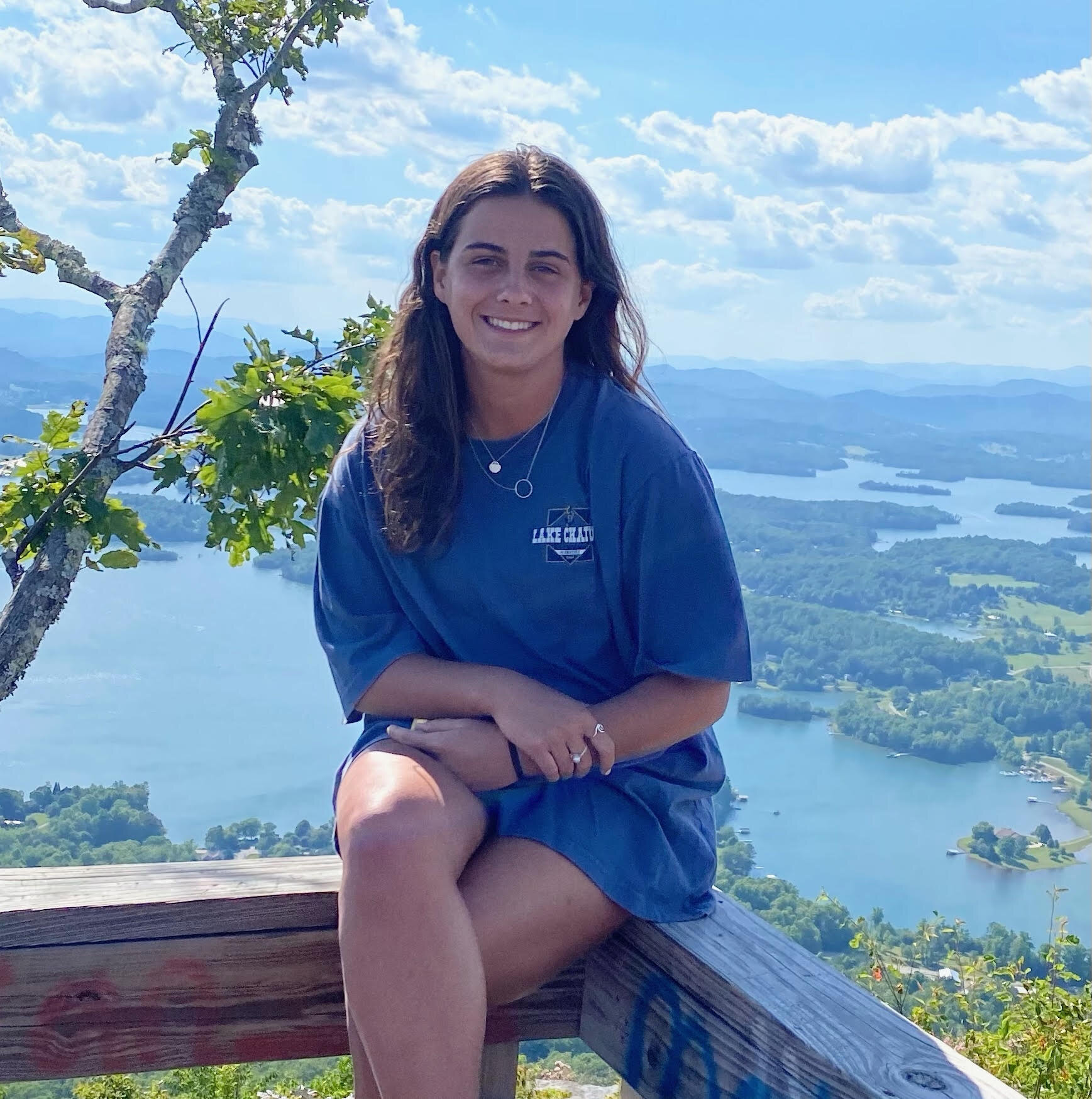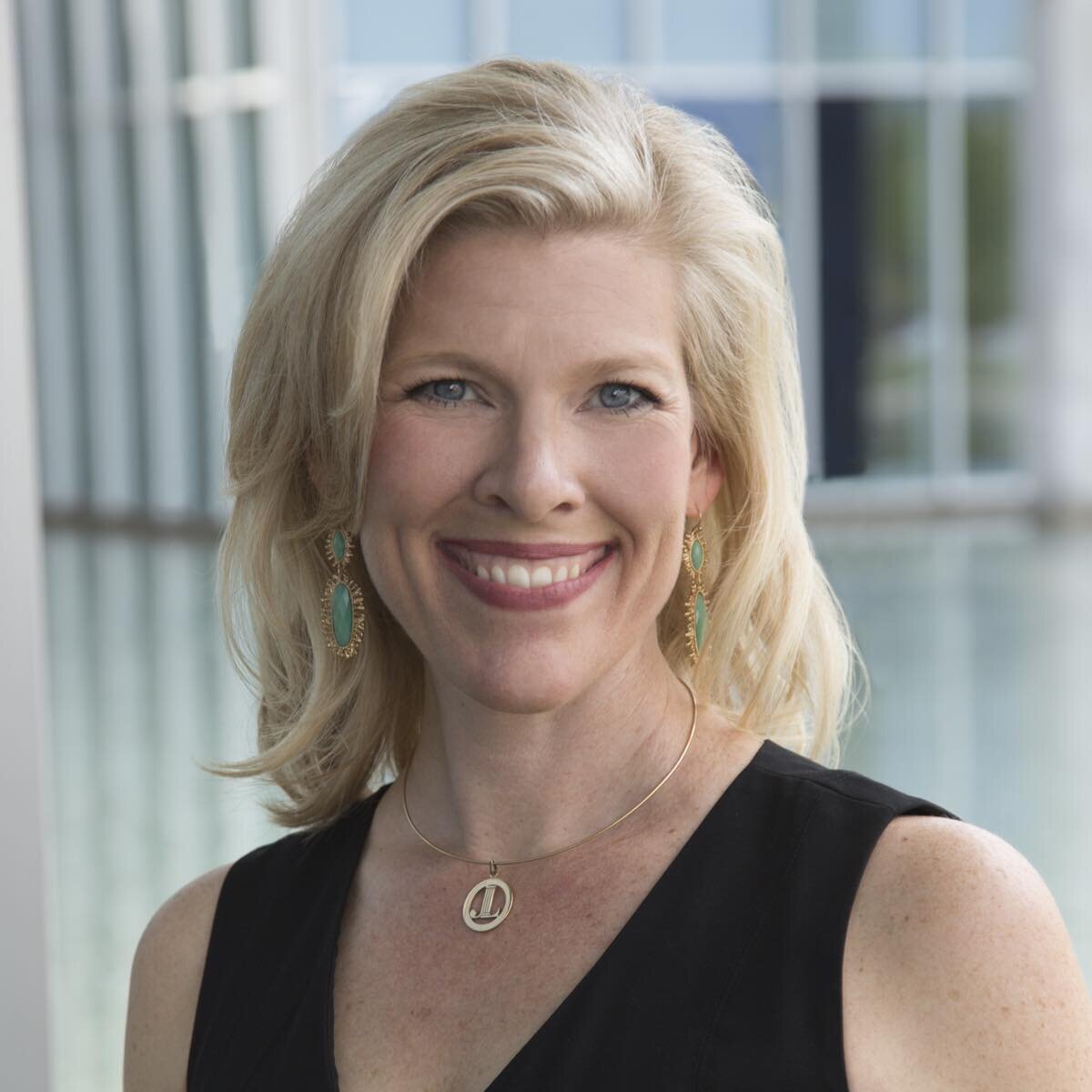April is National Child Abuse Prevention Month, and CASA of Tarrant County is raising awareness of the need for more dedicated members of the community to step up and become CASA volunteers, and help end child abuse and neglect, through supporting children and their families.
CASA volunteers, or Court Appointed Special Advocates, are everyday people from all walks of life who are recruited and specially trained to advocate for children in foster care and provide a consistent, reliable adult presence for them during a difficult time in their life.
“Our volunteers’ first priority is to keep families together whenever safe and possible,” said Don Binnicker, CEO of CASA of Tarrant County. “Foster care is only a temporary solution to the problems at hand. We need to create long term support networks that work to care for families, make reunification a possibility, and help break the cycle for the next generation.”
CASA volunteers are assigned to one child or sibling group to advocate for their best interest in court, in school and in other settings. They get to know the child and everyone involved in their life, such as their parents and other family members, foster parents, therapists, caseworkers and teachers, in order to develop a realistic picture of the child’s unique situation. They engage those important to the child and family in order to build a network of support around them, so that the family has access to support and resources after the case ends. They make recommendations to the judge overseeing the child’s case, with the goal of ensuring that the child is safe and the family has the resources, support and healthy relationships needed to heal.
Locally, CASA of Tarrant County served 1,106 children in the foster care system in our community in 2020, which means there are still 500 children who need someone to advocate for them. This April, consider stepping up to make a difference by becoming a CASA volunteer.
“There is always a need for more CASA volunteers,” said Binnicker. “By becoming a volunteer, you can take your efforts beyond just awareness, and do your part to help support children and families in crisis right here in our community.”
When reunification is not a possibility for the children they serve, CASA volunteers work to find others that can provide a positive, healthy and loving environment. These can include relatives, friends or other adults that are important in the child’s life—keeping a child connected to their home community.
“We at CASA of Tarrant County always hope for the day when CASA, foster care and a national month dedicated to child abuse prevention are no longer needed because all children are growing up safe, secure and supported with their families,” said Binnicker. “Until then, we will continue to seek more members of the community to join our growing movement so that we can provide a CASA volunteer for every child who needs one.”
April is National Child Abuse Prevention Month. CASA of Tarrant County will have three ongoing pinwheel installations at Southlake Town Square, Levitt Pavilion in Arlington and at TCC Trinity River Campus in Fort Worth.
If you see abuse, report it to 1 (800) 252-5400 or go to www.txabusehotline.org. If a child’s life is in danger, call 911. For more information on CASA, visit our Become an Advocate page at www.speakupforachild.org/become-an-advocate.


































